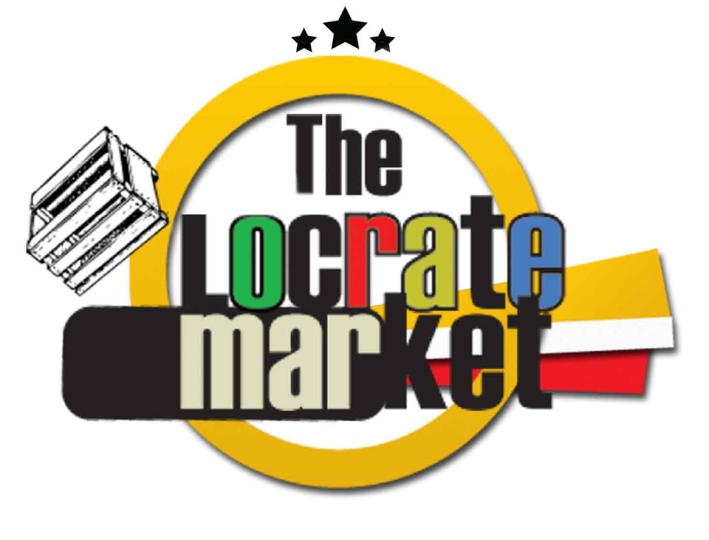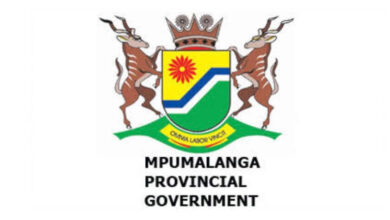The Locrate Market – ‘A local market for young entrepreneurs’

The first edition of The Locrate Market took place in February in Soweto, the biggest township of South-Africa which is also a place where young people are very talented with a strong entrepreneurial spirit. The concept is simple: during one day, all these young people get together to present their product on a market where they can also receive a lot of advises from mentors who have an experience in creating businesses. Bojan Ivanovic, one of the co-founders of this innovative platform, accepted to answer a few questions about it.
Interview conducted in March 2014.

SparkTour Africa: Why The Locrate Market was created?
Bojan Ivanovic, co-founder of The Locrate Market: The Locrate Market was created because a need existed within Soweto to create a platform where entrepreneurs could exhibit their works in a very nicely-controlled environment that is accessible not only to the community within which they operate, but also within a larger context of the city. People can come from all over the city to see products they would not necessarily been able to find in the past. The idea is to drive entrepreneurs of Soweto to reach their next level of business.
‘The idea is to drive entrepreneurs of Soweto to reach their next level of business.’
If I am an entrepreneur from Soweto, how does it work exactly?
There is a market the first Sunday of the month behind Vilakazi Street, which is a very famous landmark in Soweto, because in this street two Nobel prizes had their houses: Nelson Mandela and Desmond Tutu. We set up the infrastructure before the beginning of the market, and these young entrepreneurs which are very talented come to exhibit their merchandise.
And you give them mentorship…
Totally. We started the Locrate Food Academy where people donate their time and their infrastructure to help every Sunday a food vendor to start his business. This vendor is passionate about food but does not have the resources to buy the first material. Once he is self-sufficient, we move on to the next one.
The mentorship is also for other types of businesses?
The food is the first kind of mentorship, but we are definitely thinking about other things. We also have the entrepreneurial desk where people from the community can come, pitch and validate their ideas with entrepreneurs who have experiences to share. It is not a market, it is an entrepreneurial shift platform, it is a community, it is a family of people that help each other and make connections to straighten their business positions.
‘It is not a market, it is an entrepreneurial shift platform, it is a community, it is a family of people that help each other and make connections to straighten their business positions.’
Who inspired you to create this platform?
It was a friend of mine who had the idea. He was always talking about this, but we never had the time to launch it. Last year, in September, he phoned me and said: ‘Man, we really need to do this, next year is the year where the world is standing to action!’ Then, we started conceptualizing, creating the model of the market and execute it.
Do you have three words to define the spirit of The Locrate Market?
Entrepreneurship, connections, fun!
What was the biggest difficulty since the creation?
The first market was really challenging with the logistics, because we had a lot of people from Soweto to help us and they are not always big organizers (laugh). Coordinating all of that to come together and to pop up this market was a huge challenge. But the second time was much easier.
What are the next challenges for The Locrate Market?
I see The Locrate Market growing in two different directions. First, keep the vision of the platform within the community, and get a lot more stores: we have twenty now, doubling that number would be very nice. The second one is bringing the Northern suburbs people into Soweto, so having these local tourists come through an experience in the dynamic culture of Soweto.
You meet a lot of young talented South-Africans, and a lot of them want to embark on an entrepreneurial adventure to help society. Do you have a piece of advice for them?
Just do it! Everyone is scared of taking the first step, but take it. It doesn’t matter if you fail, to fail is good. We are taught at school that fail is a bad thing, but in entrepreneurial shift it is a good thing because that is actually how you make the progress, because you learn from your failure and you move forward.
‘We are taught at school that fail is a bad thing, but in entrepreneurial shift it is a good thing because that is actually how you make the progress.’
So, you believe in the entrepreneurial talent of young people in South-Africa?
Totally, it is unbelievable what is out there! There is a huge community of very talented and creative people who in ten years will be changing the economic landscape of this country. I am seeing this happening and I am part of that, it is a very exciting time.




